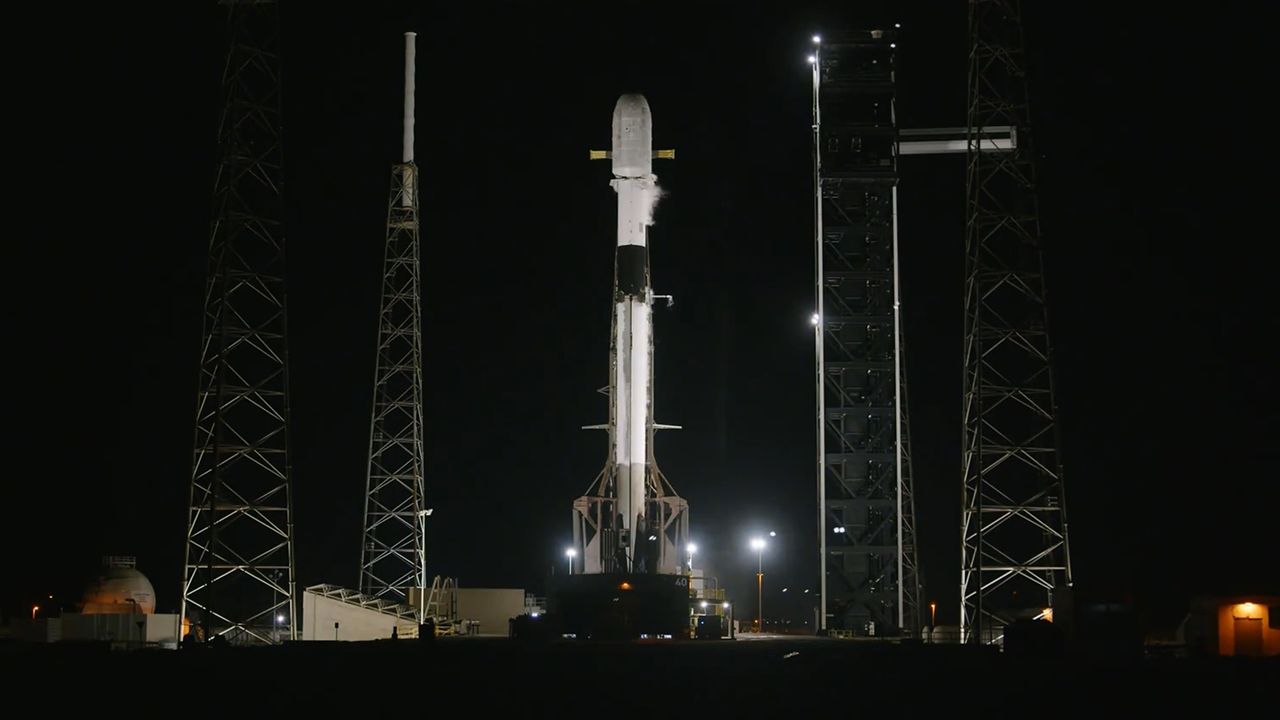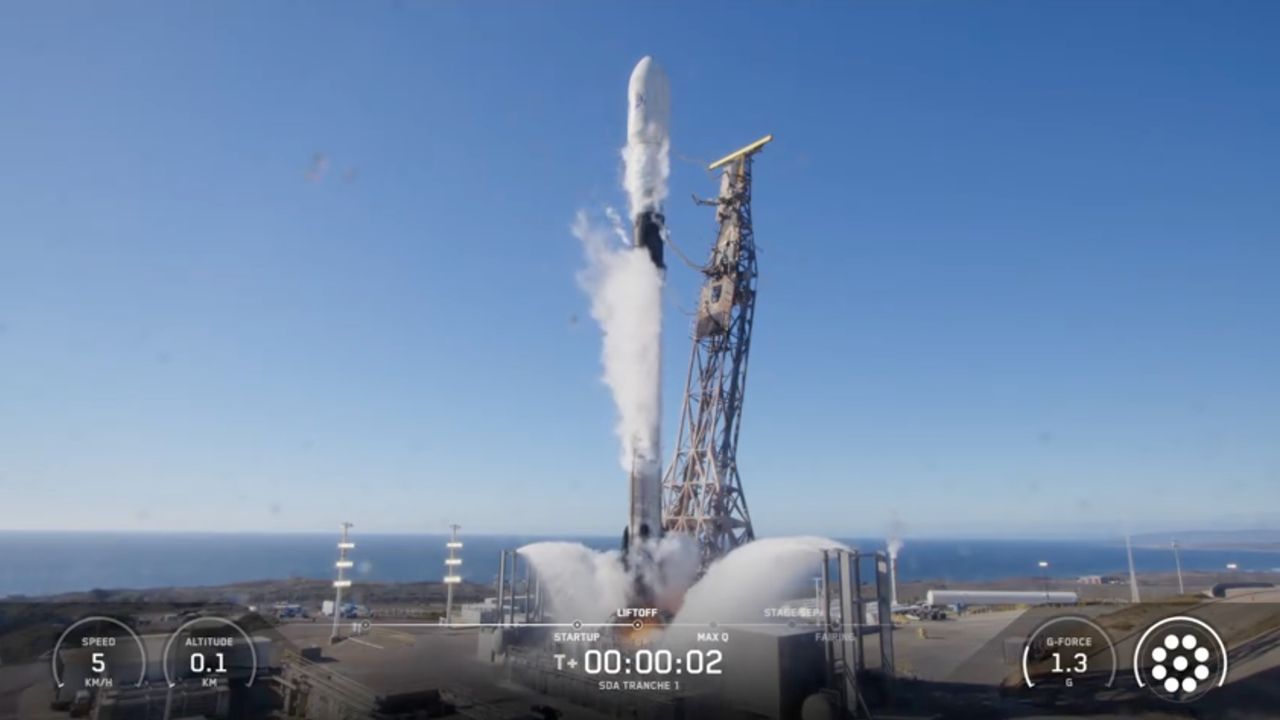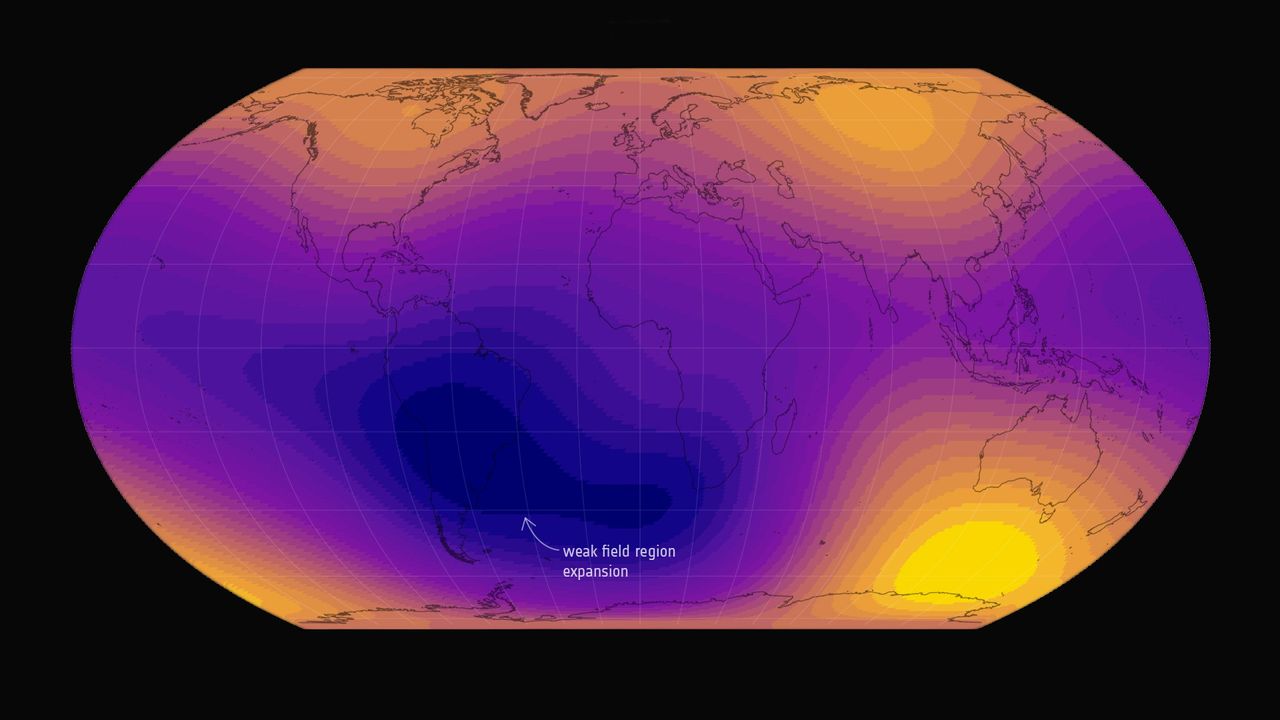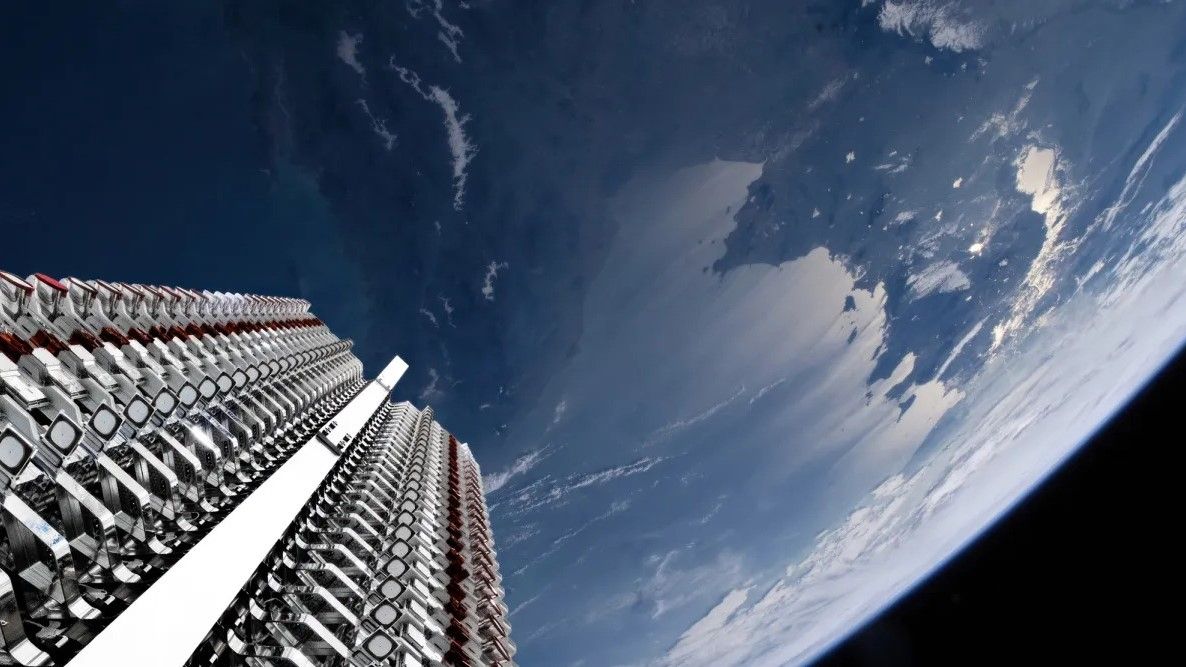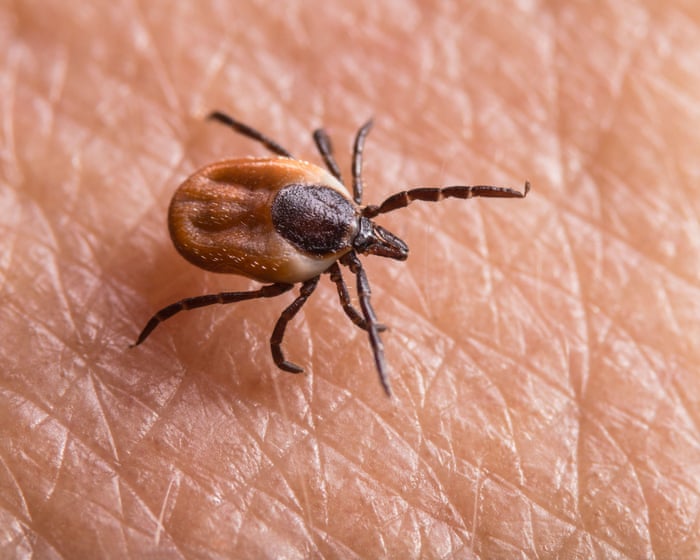Satellites watch as record-breaking ocean waves carry a storm's power across the sea
PositiveScience

Recent satellite observations have captured the largest ocean swells ever recorded from space, showcasing the incredible power of massive waves as they transport storm energy across vast distances. This discovery is significant as it enhances our understanding of ocean dynamics and storm behavior, potentially improving weather forecasting and disaster preparedness.
— Curated by the World Pulse Now AI Editorial System
